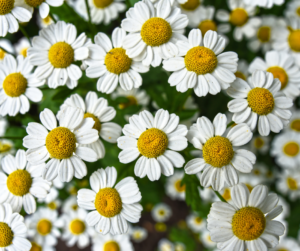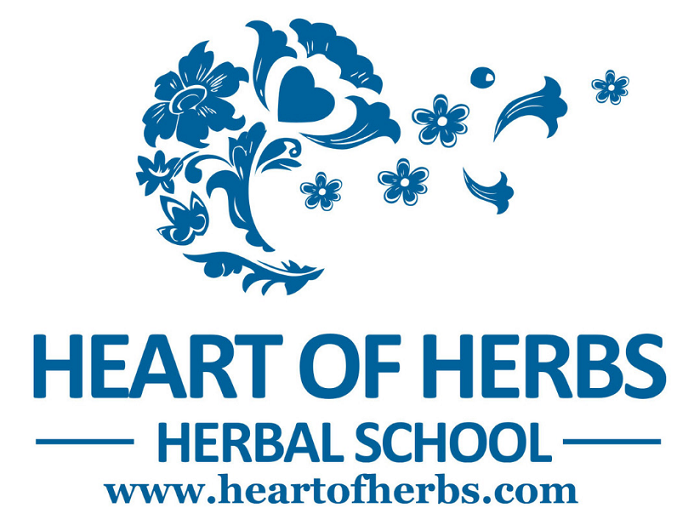A Beginner’s Guide to Herbalism
Welcome to the fascinating world of herbalism, where the power of nature meets the quest for well-being. If you’re a beginner eager to explore the wonders of herbalism, you’re in the right place. In this Herbal Basics 101 guide, we’ll introduce you to the foundations of herbalism, outline the benefits, familiarize you with commonly used herbs, and provide essential tips to kickstart your herbal journey.
Introduction to Herbalism and its Benefits:
Herbalism, also known as herbal medicine or phytotherapy, uses plants to promote health and address various ailments. This ancient healing tradition has stood the test of time, offering a holistic approach to wellness. Furthermore, the benefits of herbalism are vast and encompass physical, emotional, and spiritual well-being.
Now, let’s dive into the world of commonly used herbs for beginners.
Overview of Commonly Used Herbs for Beginners:
Chamomile (Matricaria chamomilla)
It promotes relaxation and helps with sleep. Chamomile is inexpensive and easy to find.
In addition, chamomile soothes digestive discomfort.
Peppermint (Mentha × piperita)
Eases indigestion and nausea. Peppermint can be used in savory and sweet dishes and makes an excellent tea.
Moreover, it provides a refreshing flavor in teas.
Lavender (Lavandula angustifolia)
Calms the nervous system. This can also be great in sachets to promote rest in your bedroom and as a tea to promote relaxation, lessen anxiety, and promote sleep.
Used in aromatherapy and skincare.
Echinacea (Echinacea purpurea)
Boosts the immune system.
Often used to reduce the severity of cold symptoms. In addition, echinacea has a great reputation for helping to fight cold and flu.
Now that you’ve dipped your toes into the world of herbs let’s explore how to start your herbal journey. Most importantly, herbalism is the medicine of the people and is accessible to all.


Tips for Starting Your Herbal Journey
Begin with the Basics
Start with a few easy-to-identify and commonly used herbs. Try starting with single herbs, like making peppermint tea or hibiscus tea. Break down the flavors and learn what they are good for.
Please familiarize yourself with their properties and uses.
Build a Herb Collection
Gradually expand your collection as you become more comfortable. Purchase usable amounts of herbs you are interested in using and learning about. Naturally, culinary herbs are a great place to start. In addition, they are easy to find and inexpensive.
For example, consider cultivating a small herb garden for a hands-on experience. Additionally, just growing a few herbs in pots can be incredibly fulfilling and is great for stress.
Get an Education
Read reputable books and articles on herbalism. Additionally, don’t rely on social media posts, or sales pages, etc.. read articles from the AHG, American Botanical Council, etc..
Consider enrolling in introductory courses for structured learning. In reality, an herbal education is priceless. Naturally, many people will balk at spending $200-2000 on an herbal education but spend thousands a year on designer coffee, tumblers and more shoes than they can wear, etc., and throw away over $1000 in food yearly. For example, food waste costs the average household about $1,866 annually in the US. Prioritizing education and your health can save you thousands a year. You can make your own wellness products and skincare items and make them for your family, too. Consequently, an herbal education can save you a lot of money.
Connect with the Herbal Community
Join online forums or local groups to share experiences. Lots of local herbal groups exist, and when you start looking, you can find herbal people everywhere. Make herbal friends and be an herbal friend.
Disclaimer
Disclaimer Blog
The information presented on the Heart of Herbs Herbal School/Demetria Clark websites is for educational purposes only. Heart of Herbs Herbal School/Demetria Clark Education LLC makes neither medical claims nor intends to diagnose or treat medical conditions. Links to external sites are for informational purposes only. Heart of Herbs Herbal School/Demetria Clark neither endorses them nor is in any way responsible for their content. Readers must do their own research regarding the safety and usage of any herbs, recipes, or supplements.

Come Join Us!
At Heart of Herbs Herbal School, we support you on your herbal journey. We update resources, respond to emails, and schedule phone calls with students when needed. We want you to feel supported while you pursue your herbal studies from the comfort of your own home.
We have a supportive and diverse student body with students from all over the world. We encourage you to connect with our student group and learn and grow with each other.
We believe in support, mentorship and connection.
This online course is self-paced and you can start as soon as you sign up!
